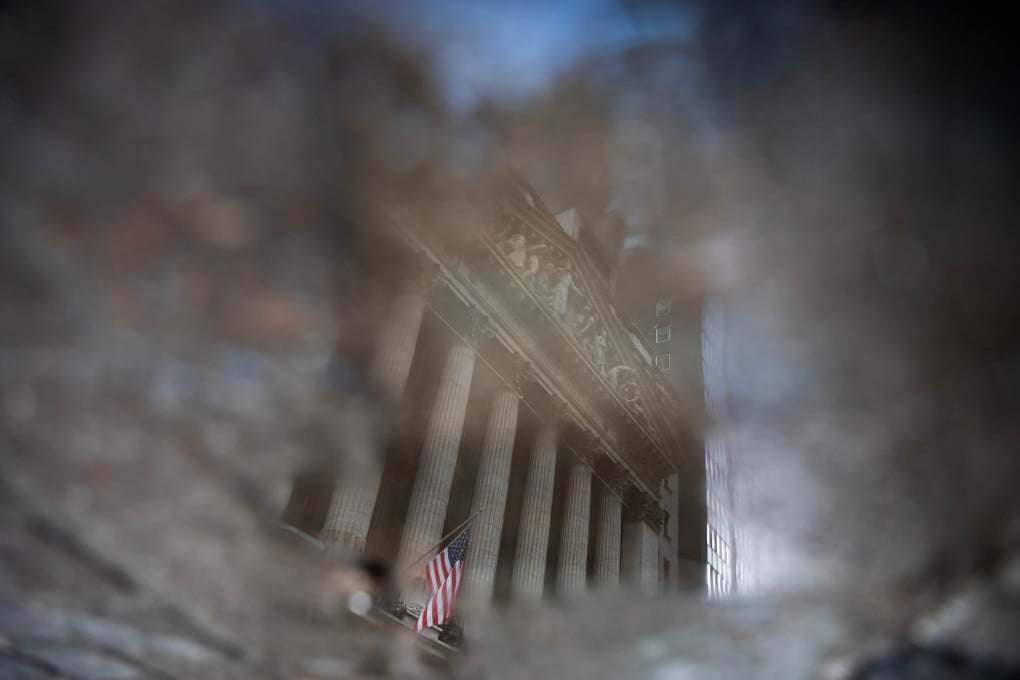Opinion | Covid-19 market bubbles, a creation of the distorted global economy, cannot last
- A global pandemic and the devastation it has wrought on the real economy hasn’t stopped stock and property markets reaching new heights
- Despite the Fed’s best efforts, such asset bubbles cannot be sustained. Could political instability in the US be the shock that deflates the bubbles?

The pandemic is projected to have caused the global economy to decline by about 5 per cent in 2020. Meanwhile, government deficits are projected to increase above trend, by about the same amount. Despite the combined loss of one-tenth of the global economy, global financial markets ended the year higher than before the pandemic. Could this Covid-19 bubble pop in 2021?
Quantitative easing after the 2008 financial crisis led to an asset bubble across the world. Governments and central banks used more debt to climb out of a debt crisis. When this bubble was teetering on the edge in September 2019, the Fed brought out a second round of quantitative easing to resuscitate it.
Liquidity, zero interest rates and fiscal stimulus doesn’t always lead to rising asset prices. Japan’s experience shows that. There must also be eager speculators with some capital to make it work. It would seem American millennials who received the helicopter money decided to take a punt by buying call options on tech stocks.
